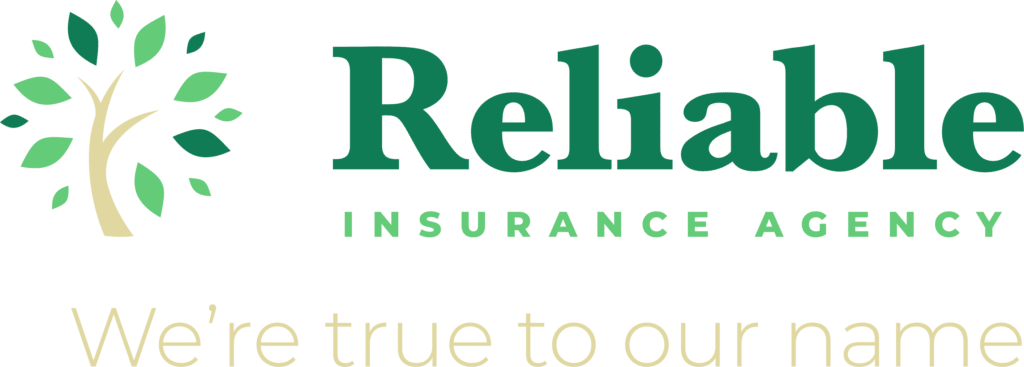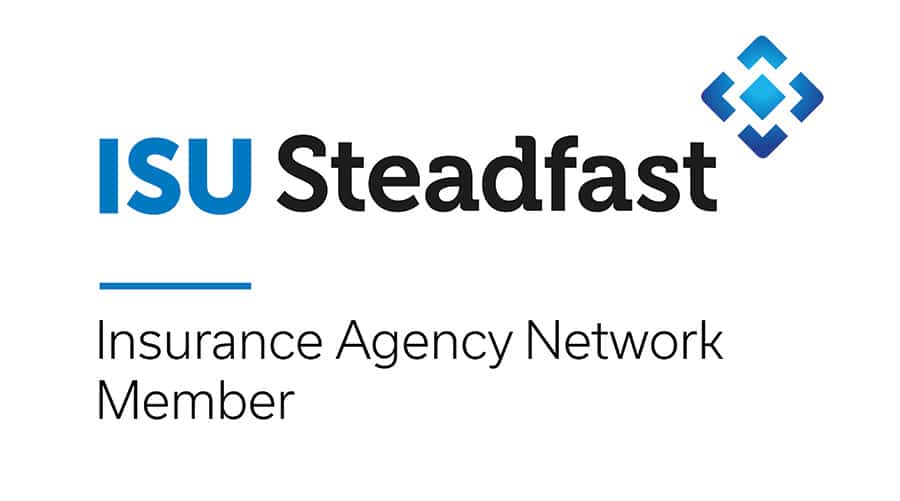And why is it so important for businesses to complete?
We all know the end to the phrase, “There are only two sure things in life…” But business owners would probably say that there are three sure things in life: Death, Taxes and Audits. This article hopes to explain what are premium audits, and why they are important to businesses.
Premium Audits are periodic reviews requested by insurance companies to confirm data accuracy. Companies use audits so premium rates are charged correctly. Audits also help prevent large corrections later in the policy period.
Most recognizable are audits to General Liability or Workers Compensation policies. Insurance Companies also audit Business Auto, Garage Liability, and Liquor Liability policies. This is common practice for police squad cars, fire departments, ambulances, or any business with multiple drivers. Retail-based businesses would be audited based on their Gross Sales. Contractors and businesses with employees are audited based upon payrolls.
The most efficient way to keep an audit in check is to communicate updates with your insurance agent. As soon as you know your sales or payroll numbers, share that information. It is wise to check in mid-year if you expect a significant increase or decrease from the initial projections.
Any business that uses an independent or subcontractor should ALWAYS get an Insurance Certificate from that subcontractor BEFORE any work begins. An Independent contractor that doesn’t carry their own General Liability will be classified on a payroll basis on your General Liability Audit. If that same subcontractor can meet (Answer & Prove affirmatively) to either Minnesota or Wisconsin’s 9-Point Independent Contractor Test, the subcontractor’s Payroll can be excluded from the Workers Compensation Audit.
What happens if I don’t complete the Audit?
The easiest way to ensure your audit process is accurate and efficient is to know what portions of your Business Insurance will be audited from year to year. And make sure to keep the corresponding records. This is especially helpful for keeping Audit Noncompliance fees and/or Nonrenewal notices from impacting a business owner.
In January of 2017, the National Council on Compensation Insurance (NCCI) implemented a new rule to give carriers a forceful, consistent method to compel policyholders to complete their premium audits as required. The rule allows carriers to add an audit noncompliance charge of up to two times the policyholder’s estimated annual premium. This applies in most states, with only a few states having a set rate. The rule was created to provide policyholders with an incentive to complete the premium audits in a timely manner. SFM published a great article on Audit noncompliance charges we encourage our commercial clients to read.
Fees can be as much as 200% of the estimated annual premium and are applied after two failed attempts to collect audit information. State rate-making organizations depend on high quality premium audit data. Audits also help policyholders by verifying that their premium rates are accurate. The charge incentivizes employers to complete their audits on time.
What Does This Mean For You, the Business Owner?
It’s always a good idea to review your Audit Declaration Page from your Insurance Company in case of any errors. This is especially true because the Insurance Company may also want to update your current policy term to match your most recent audit in an attempt to further help keep your audit premiums fair and stable from year to year.
As a business owner, CFO, or financial manager, you should have an open line of communication with your insurance agent before, during, and after each audit process. Your commercial insurance agent should be able to help guide you through this process.
Here at Reliable Agency, we pride ourselves on being able to help our commercial clients with these audits. Contact one of our commercial agents today if you have any questions!







